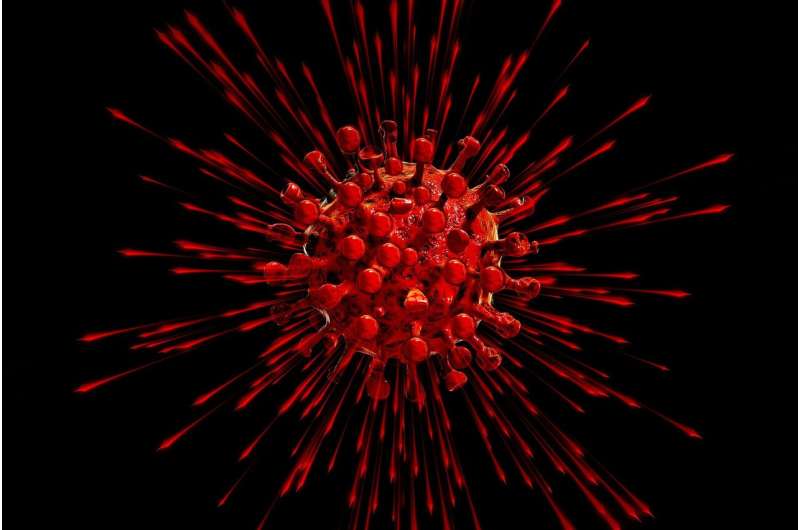

China has sent over 20,000 rural residents living in the epicentre of the country’s latest virus outbreak to state-run quarantine facilities, as Beijing on Friday reported the worst nationwide figures since March.
The country had largely brought the virus under control after strict measures including mass testing and travel restrictions.
But recent weeks have seen numbers climbing, especially in the north, prompting a fresh wave of lockdowns and a race to build a massive new quarantine centre.
On Friday 144 infections were reported—the highest single-day tally since March last year—mostly in Hebei province where more than 22 million people are in lockdown.
Over 20,000 residents from villages around Shijiazhuang—about 294 kilometres (180 miles) southwest of Beijing—have been sent to central quarantine starting from Wednesday, according to state broadcaster CCTV.
It said they are being housed in hotels, with family members separated.
“It’s natural that they feel anxious and panic,” Liu Jinpei, a psychologist involved, told CCTV, adding authorities had set up a mental health hotline.
Officials are also rushing to build a massive “centralised medical observation centre” in the area, with over 3,000 makeshift beds.
Pre-festival vaccine rush
The recent surge in cases appears to be fuelled by so-called “silent infections”—asymptomatic cases—mostly in areas like this, rural and on the outskirts of cities.
The state-run Global Times warned the high number of cases in these regions “sounds an alarm regarding loopholes in epidemic control” as many residents are elderly.
Hundreds of millions of migrant workers are expected to return to their home villages for the Lunar New Year holiday next month, and China is rushing to vaccinate 50 million people in key groups before the festival.
In contrast to many countries in Europe, China is not inoculating the elderly, starting instead with those in community roles like bus drivers and shop workers.
AFP saw a group of construction workers in fluorescent jackets lining up to get shots at a makeshift centre in central Beijing on Friday.
Xiao Zhifeng, deputy director of the local district’s health commission, told AFP the site would finish vaccinating key groups before the Lunar New Year before moving onto the general population.
Source: Read Full Article